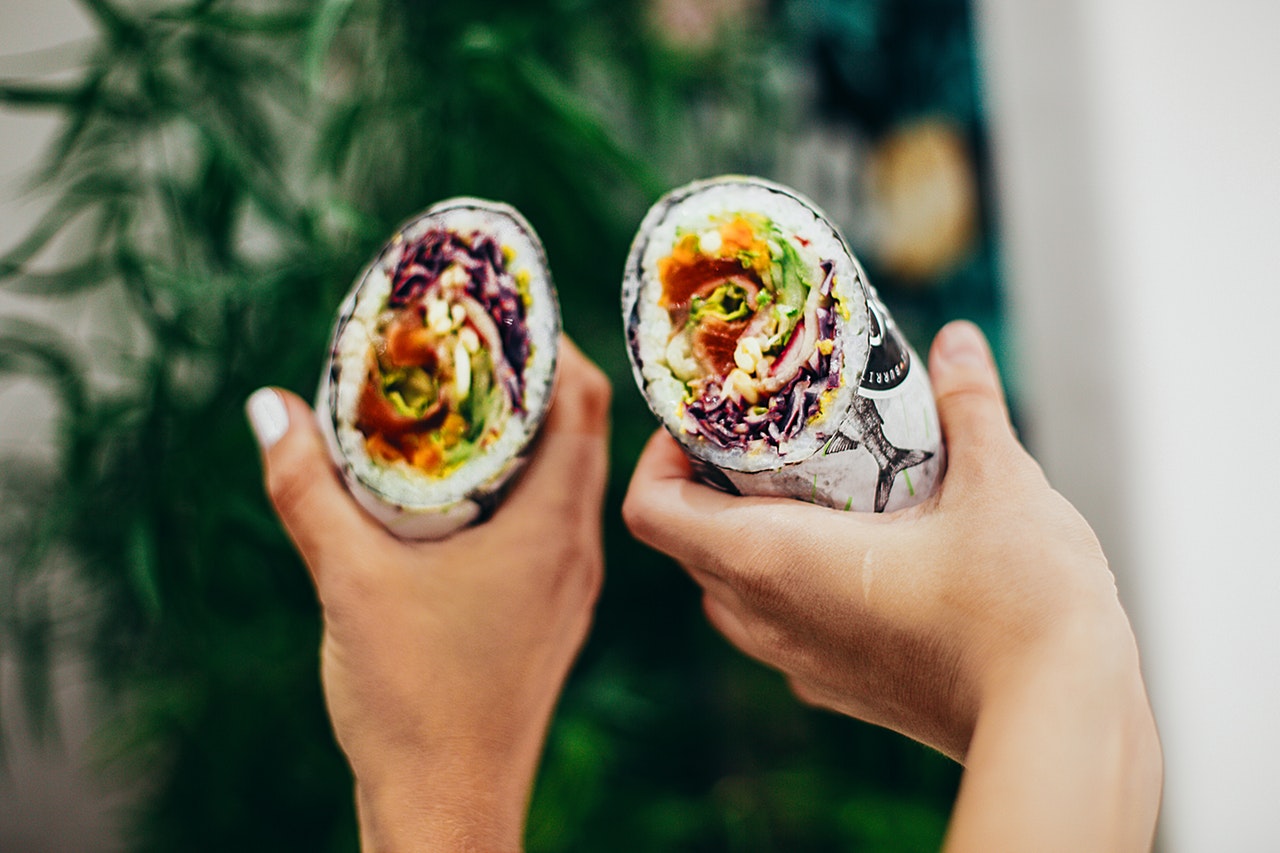If you follow a vegan diet, you know
how important it is to have a strong understanding of nutrition. You have to be
mindful of every choice you make in order to meet your dietary needs. Sticking
to a vegan lifestyle is a serious decision. Vegans are at a higher risk for dietary
deficiencies, so it’s crucial that they get the proper micronutrients. Taking
daily supplements may help to support your vegan diet and nutritional wellness.
Here are 4
nutrients you should consider supplementing with, and how to select the best
one.
1.
Vitamin B-12
Vitamin B-12 is most commonly found in
beef, chicken, fish, milk, yogurt, cheese, and eggs. Thankfully, B-12 can also
be found in some fortified foods as well, such as breakfast cereals. Symptoms
of vitamin B-12 deficiency include tingling or numbness in hands and feet,
muscle weakness, confusion, depression, nausea, and bloating or gas.1
A vitamin B-12 supplement is a good addition to any vegan’s supplement routine
to prevent deficiency. For the best bioavailability, vegans should steer away
from the synthetic form of B-12 called cyanocobalamin, but choose the form
naturally found in food. The natural form of vitamin B-12 is called methylcobalamin.
2.
Vitamin D
Vitamin D is difficult to obtain in just food alone
if you adhere to a vegan diet. Vitamin D can be found in fatty fish, beef
liver, cheese, and egg yolks. Vitamin D, like B-12, can also be found in some
fortified foods including dairy products, orange juice, soy milk, and breakfast
cereals. A population study released in 2018 states, “…vitamin D
deficiency is becoming an epidemic across the United States, even among groups
that were not previously labeled “at-risk.”2 Unfortunately, many
vitamin D supplements don’t use the active form of vitamin D and aren’t vegan
friendly. Your vitamin D supplement should contain vitamin D3, also called
1,25-dihydroxyvitamin D3 (cholecalciferol). A vegan-friendly vitamin D can be sourced
from plants instead of sheep’s wool.
3.
Fatty Acids
If you aren’t eating fish, you probably aren’t
getting a large amount of omega-3 fatty acids in your diet. However, there are
numerous sources of omega-3 fatty acids a vegan can choose from, including chia
seeds, flax seeds, hemp seeds, and seaweed. Fatty acids are essential for
nervous system function, including brain health. In fact, DHA may even prevent
age-related dementia.3 Obtaining omega-3 fatty acids in your diet is
a great way to ensure you are keeping your nervous system, including your brain
and eyes, happy. In addition to foods, you can support your diet with a high
quality, microalgae-sourced
DHA supplement.
4.
Iron
If you aren’t eating red meat, you might be having a
difficult time getting iron in your diet. Plant sources of iron are also a
little more difficult for the body to utilize than meat-sourced iron. There are
many great non-animal sources of iron including lentils, tempeh, black beans,
chickpeas, quinoa, pumpkin, pistachios, swiss chard, and collard greens.
However, if you are having a difficult time filling your iron needs or your
doctor has recently diagnosed you with iron deficiency, you should consider supplementing
your diet. The recommended daily allowance of Iron is 8 mg per day for males
and 18 mg per day for women.4 Women are more susceptible to iron
deficiency during active menstrual years. After menopause, women’s iron needs
match men’s. Because Iron can build to dangerous levels in the body, it is best
to talk to your doctor about your iron needs first. If you and your doctor
agree you are in the market for a supplement, you should choose one that won’t
cause stomach upset and includes vitamin C for optimal
absorption.
Want vegan
supplements personalized for you?
We’ve got you covered. There’s an easy way to find
the right supplements to support your vegan diet. Take our free assessment to get custom supplement recommendations and convenient vitamin
packs delivered to your door each month.
Sources:
- Pernicious
Anemia. National Heart, Blood, and Lung
Institute. https://www.nhlbi.nih.gov/health-topics/pernicious-anemia.
Accessed September 13, 2019.
- Parva
NR, Tadepalli S, Singh P, et al. Prevalence of Vitamin D Deficiency and
Associated Risk Factors in the US Population (2011-2012). Cureus. 2018;10(6):e2741. Published 2018 Jun 5.
doi:10.7759/cureus.2741
- Cole
GM, Frautschy SA. DHA may prevent age-related dementia. J Nutr. 2010;140(4):869–874. doi:10.3945/jn.109.113910
- Iron.
National Institutes of Health.
https://ods.od.nih.gov/factsheets/Iron-HealthProfessional/. Updated August 22,
2019. Accessed September 13, 2019.












